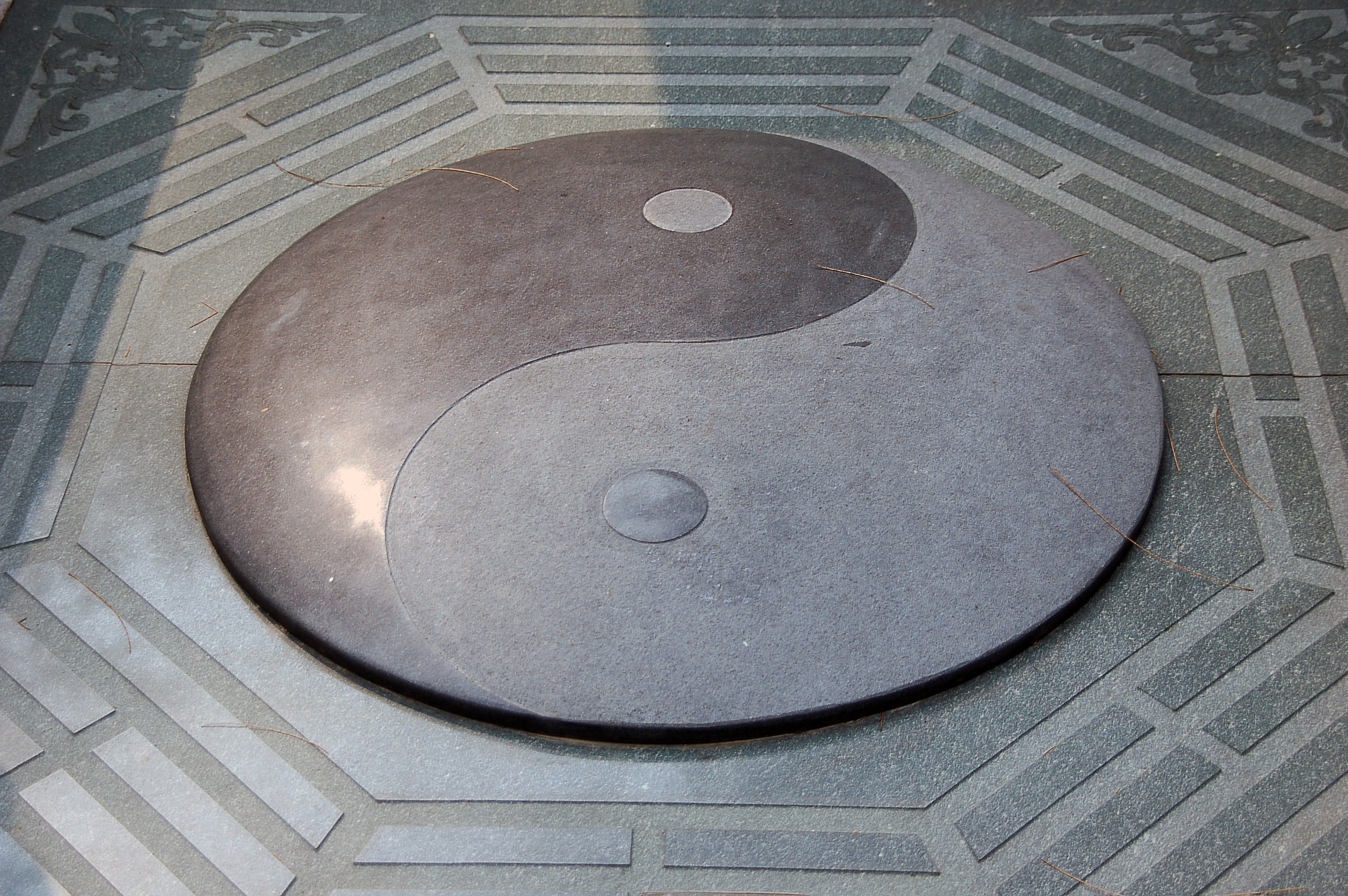Sign up for the Smarter Faster newsletter
A weekly newsletter featuring the biggest ideas from the smartest people
One thing Apple has mastered is the art of simplicity. Few would know how the company achieved this better than Ken Segall, a creative director at Apple for twelve years who was personally responsible for introducing the lowercase-i into Apple’s product line: iMac, iPod, iPad, etc. Simplicity permeates all aspects of Apple, perhaps most crucially — for the bottom line, at least — the buyer’s shopping experience.
Shopping for a PC can involve going over hundreds of different models while the customer must compare each one to what they want, what they could want, and what all the differences mean for their future use. Choice is a good thing, and having a computer that fits perfectly to your needs is fantastic, but too many choices can give a person what is known as “decision paralysis.”
This is where Apple comes in. The iPod had just four different versions, from the Shuffle to the iPod Video. Giving people four choices catered to their needs and made decision making a lot easier in the long run. As a result, people feel that Apple understands them, understands what they want and need. Those wants and needs are shown in these few products, and as people feel more understood by a company, they become loyal to that company.
Ken Segall’s newest book is Think Simple: How Smart Leaders Defeat Complexity.
To be sure, Apple is not a perfect company. Indeed it has already had its problems since Steve Jobs passed. Apple Music, for example, has been excoriated by technology critics and annoyed the public with its confusing interface. At heart, however, Apple is still about simplicity, keeping a simple number of products for their customers to enjoy.
Ken Segall: If you look at the products and services that exist in this world, sometimes it is truly staggering the number of choices that people are given. There is this feeling, again, amongst people that I've spoke to who are known champions of simplicity that too much choice can actually stifle a customer's enthusiasm or stall the selling process because you're just giving them too much to think about. So I just do my own casual research and because I'm a techie kind of a guy I look at Dell's website versus HP's and then Apples and it is quite extraordinary. If you look at Dell's website I think these numbers are slightly wrong but I'm pretty sure I'm right, 26 distinct models of laptops, this was a couple months ago when I last looked, HP has 41 I believe it is an Apple has three. And what's extraordinary is if you look at the PC category share of market Apple never gets more than like ten percent, but because they do these fewer things better their share of the profit in the category is actually more than HP and Dell combined.
So that lack of choice isn't really hurting Apple at all. You might even say it's helping them. You don't want to dumb things down and you don't want to get people to feel like they don't have enough choice, but you want to give them the right choices as opposed to infinite choices. You want to make it easier for them; simpler. So I think Apple has done a terrific job of that and there are other companies in the world that treat their customers in that way where it's actually a way of giving a customer more respect and demonstrating that you understand what drives them. Because you're not saying we don't know what you want so here's 40 things to choose from, we're saying we get that you have this particular need and this is a great solution for you. And that proves to customers that you share their values. And when a person feels that a company shares their values they tend to give them their business and that makes them more loyal customers.
There's been a lot of concern out there for Apple these days that maybe it's losing its sense of simplicity. Steve Jobs is gone and Tim Cook doesn't share those same values, whatever; that product lines are getting bigger and it's less simple to choose what you're looking for; product naming could be an issue. Now this is where I'm going to start sounding, if I haven't already, like an Apple fanboy. I don't mean to because I try to be objective. But I think a lot of it is the result of Apple just being the most over analyzed company on earth. Because if you look at what they're doing, compared to what other companies are doing, it is vastly similar. I think what the real issue is is that audiences mature. Apple has tens of millions more customers today than it did when Steve Jobs was CEO. And there's a wide range of needs. People say Steve would never do that with certain things, when in fact Steve did do that.
The iPod was this revolution changed the way we listen to and discover music and it was a super big hit. And then a couple years later they are four iPods and nobody had any problem with that because that was Steve Jobs doing it. So now we had a tremendous hit of an iPhone and now there are three models of iPhones. They still got one more to go before it is as bad as iPod was. But the reason they had all those iPods and the reason they have all these iPhones is become each one is for a distinctly different needs. So to me that's not a sign of complexity, that's just a company maturing, having a larger audience and maturing a particular product line. And the same is true with iPads. You've got the pro version for people who need to create with a pencil and you've got more of a consumer level iPad. So those things don't bother me at all.
Naming is a different issue because then you get like an iPhone there's a 6S and a 6s plus and an SE that doesn't have a number on it. What's going to happen when the 7 comes out? Is it still an SE or is it going to be a 7SE? Why does it have two letters and the other ones have one letter and that kind of thing? It does start feeling a little bit like many companies out there, big companies a lot of numbers and letters and that part does not make me happy just as an Apple fan. I think there must be a better way to do that. It could be just like iPad or iMac and not have any number attached to it and it just has a year in parentheses when they speak about it or when you get service or whatever, maybe you just have an iPhone or an iPhone plus. That sounds simpler to me but who am I? There's all kinds of behind the scenes reasons why things happen.
But I think, again, whether or not something is truly simple almost doesn't matter; it's the perception of simplicity. And I think today the perception of simplicity with Apple is a bit more challenged. There's the product issues, which may or may not be an issue depending on your point of view. But then there's something like Apple Music that has been generally not well received when it comes to the interface. It's confusing and you do have to wonder how did Apple ever release that product? Why didn't they look at that and they have their super high standards when it comes to simplicity, who didn't raise their hand and say I don't get it; can you make that more clear.
So, I don't know. I know the answer is there I just think it's maybe some growing pains. Maybe Apple needs a minister of simplicity to oversee it all. Who knows? But I don't think that Apple is losing its love of simplicity. If you listen to anything Tim Cook says, anything Jonny Ive says we're not just saying things to try to fool us, that's what they talk about making products that people can love and you have to have a simple product for someone to fall in love with it. So there's no doubt in my mind they have the values, they need to execute on the values. But I think the fanboys speaks, I think they'll be okay.






